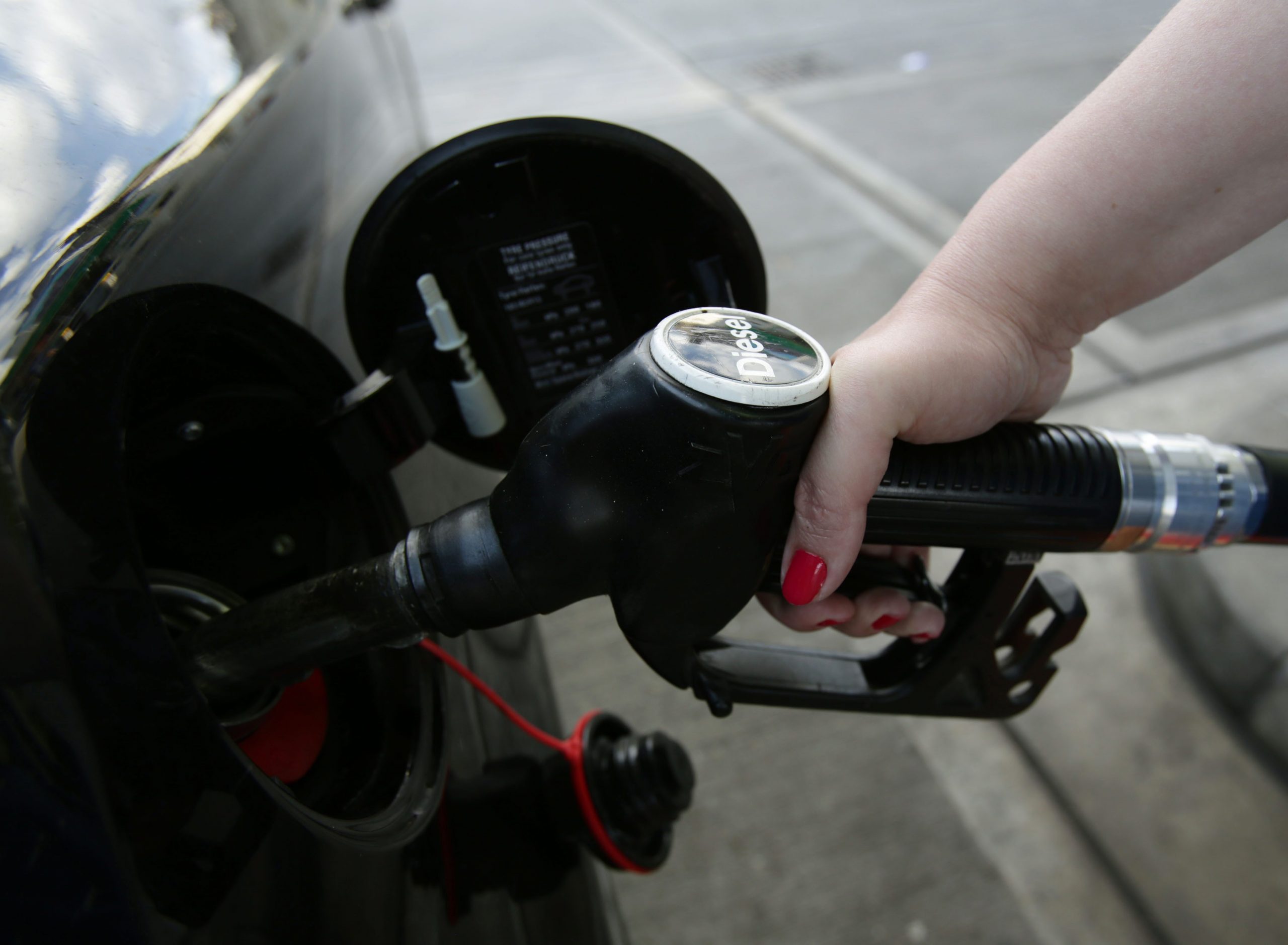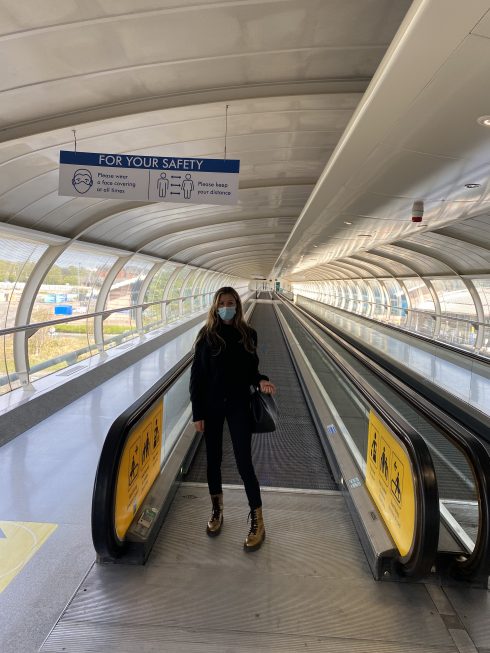IMPROVED air quality in Spain caused by last year’s pandemic lockdown restrictions may have prevented at least 170 premature deaths.
It’s largely down to fewer cars on the road, especially those with diesel engines.
The first-ever Spanish study to look at early deaths and their link to pollution studied mortality rates in the country’s 47 provincial capitals.
The Barcelona Institute for Global Health(ISGlobal) analysed nitrogen dioxide(NO2) levels during the first State of Alarm between March and June in 2020.
The findings were dramatic with the amount of NO2 across the cities falling by 51% during the full lockdown up to mid-May, and then by 36% as restrictions were eased up to late June.
Researcher, Herve Petetin, said: “NO2 is produced by mainly diesel cars and in some cities we discovered 65% falls during last year’s lockdown.”
The ISGlobal study estimated that at least 170 premature deaths were prevented due to lower pollution levels, and that figure could actually be higher across Spain.
Co-ordinator, Joan Ballester, explained: “We only looked at major cities, so there will be other smaller centres where deaths were avoided.”
“Our findings show the major short-term health benefits associated with reducing air pollution,” added Ballester.
“With a permanent reductions in emissions, the positive effects could be even greater as respiratory infections are cut.”
The survey came in the same week that Spain’s Congress approved a climate change and energy bill, which will see new car sales limited to electric vehicles by 2040.
READ MORE SPAIN PASSES CLIMATE CHANGE LAW TO MAKE IT CARBON NEUTRAL BY 2050
Click here to read more Health News from The Olive Press.








